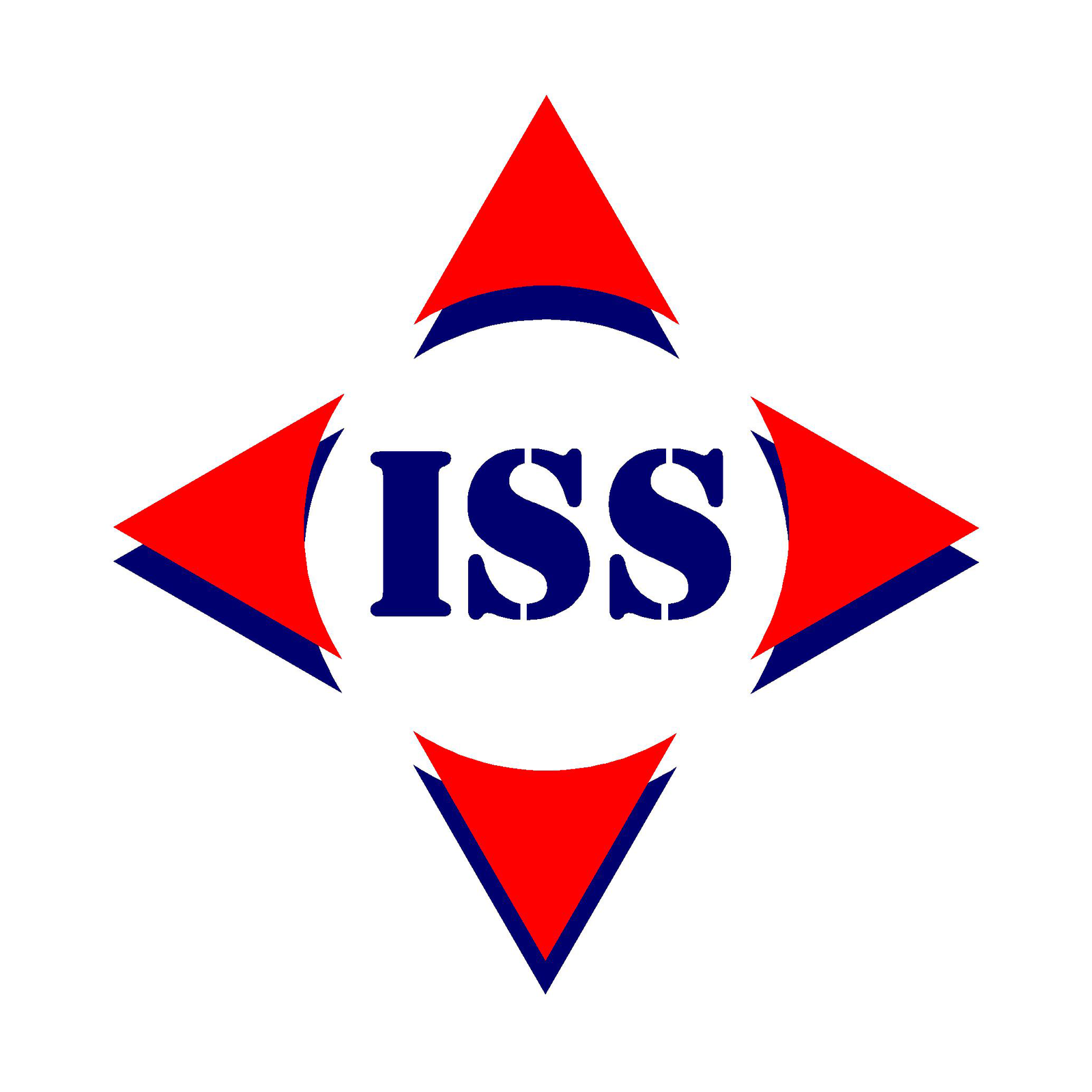
For many small to mid-sized importers, one of the biggest logistics challenges is balancing cost with quantity. Ordering enough to justify a full container load (FCL) can be difficult—especially when testing new products, suppliers, or markets.
That’s where freight consolidation comes in.
At ISS Shipping, we help clients lower shipping costs and maintain flexibility by combining their cargo with others through a method known as LCL shipping (Less than Container Load). In this blog, we’ll explain how freight consolidation works, who it’s for, and why it might be the smartest choice for your business.
What Is Freight Consolidation?
Freight consolidation involves grouping smaller shipments from multiple importers into a single container. Each business pays only for the space their cargo occupies—meaning you don’t need to fill an entire container to access international shipping.
Once the consolidated container arrives at its destination, the shipments are separated (deconsolidated) and delivered to their individual recipients.
It’s a straightforward solution that benefits businesses in many ways.
Why Businesses Use Consolidation
Cost Efficiency
When you don’t have enough volume for FCL, booking a shared container drastically reduces your shipping cost per unit. You only pay for the exact volume or weight of your cargo—not an entire container.
Faster Turnaround
Rather than waiting to build enough stock to fill a full container, you can ship smaller quantities more frequently. This helps avoid long delays and supports more agile inventory cycles.
More Frequent Orders
Consolidation enables regular, smaller shipments. This means:
- Better cash flow management
- Faster restocking
- Reduced warehousing costs
Testing New Products or Suppliers
Trying out a new product line or manufacturer? Consolidation allows you to test small batches without committing to large-scale orders or expensive air freight.
How Freight Consolidation Works at ISS
At ISS Shipping, we make the consolidation process simple and seamless:
1. We Coordinate Pickup
We organise collection from your supplier and transport to one of our consolidation depots.
2. We Group Compatible Shipments
We match your cargo with others bound for the same destination and carefully plan the container layout to maximise space and minimise risk.
3. We Manage Compliance and Documentation
Each shipment is documented, declared, and packed securely with clear separation and tracking to ensure accurate handling during deconsolidation.
4. We Deconsolidate and Deliver
Once the container reaches its destination port, we oversee customs clearance, then separate and arrange delivery of your goods directly to your warehouse, store, or customer.
Who Is Freight Consolidation Best For?
Consolidation works well for:
- Small to medium-sized importers
- Startups or e-commerce brands scaling slowly
- Businesses trialling new products or markets
- Companies importing seasonal or high-turnover stock
- Those shipping goods from high-volume consolidation hubs like China, Southeast Asia, or Europe
Considerations to Keep in Mind
While consolidation has many benefits, it’s not always the right choice. Here are a few points to consider:
- Transit times can be slightly longer than FCL, due to the need to coordinate multiple shipments.
- Customs clearance may take additional time if any part of the container is flagged for inspection.
- Proper labelling and packaging are essential, since your goods will be sharing space with others.
Our team at ISS helps you evaluate when consolidation makes sense—and when a different method may serve you better.
Final Thoughts
Freight consolidation is a powerful tool for businesses that want to lower costs, increase flexibility, and grow sustainably.
At ISS Shipping, we’ve helped countless clients leverage this strategy to expand their operations, manage inventory more effectively, and reduce risk when testing new markets.
If you're ready to ship smarter, not harder—freight consolidation could be the solution you’ve been looking for.




